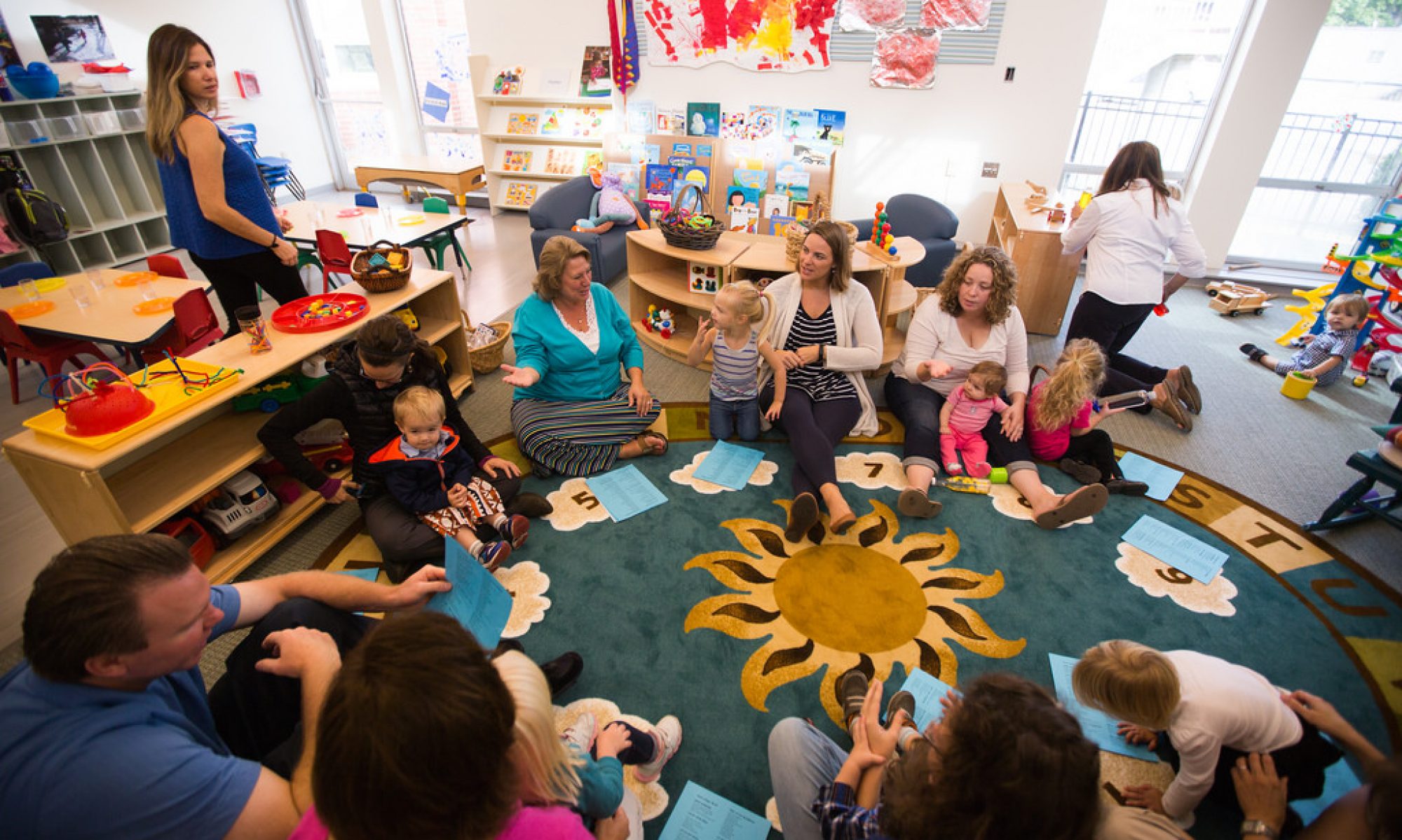Education of social skills begins in infancy. As a newborn is held, cuddled, and talked to, his social life starts. Studies show, if a baby’s cries are attended to in the early months, he cries less often in later months and learns other forms of communication earlier. He has a secure base of love and attentiveness from which to branch out into other social contracts. Fear of spoiling an infant by responding to his cries can hamper this firm social base. As a baby gets older, cries have more meanings, and parents then learn when a cry means, “I’m sleepy and should be left alone.” This cry decreases in intensity as sleep takes over.
When a baby joins a household, he is an individual with his own needs and ideas. Pre-determined, strict schedules which work him conveniently into our routines may be meeting our needs but not his. There needs to be a willingness to listen and work together. This selflessness acts as an early model for social behavior for the infant.
This doesn’t mean that a baby should be rocked and played with constantly. This is seldom his need. However, it does mean that he should be close enough to his parents so that his need to eat, to be changed, to have interesting things to look at and play with, and to be comforted or talked to, can be met.
The myth that a good baby is one who plays quietly alone for hours in a playpen, playard, or in his room is a deterrent to the teaching of early social skills. When a baby moves about investigating objects in a safety-proofed area near his parents, he is gaining important concepts and skills. One thing he learns is how to call for the help of an adult. He may creep under a table, be unable to get out and call or cry for help. Mommy or Daddy helps him out of his predicament, talks to him, and sets him on a new course with some other acceptable objects to explore. Burton White, author of The New First Three Years of Life, claims that gaining the attention of an adult and learning to use adults as resources are important social skills that are learned in a baby’s second year when his environment fosters them.
From earliest infancy, children are learning to treat others by the way they are treated.

